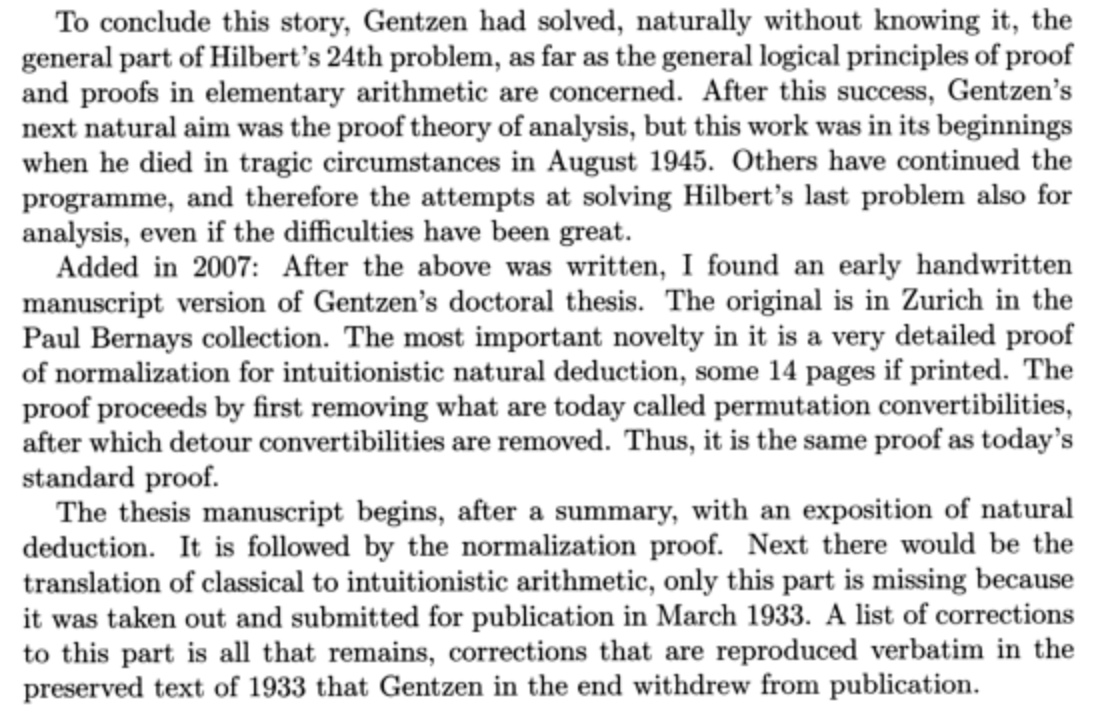I'm interested in find out what were some of the first uses of mathematical induction in the literature.
I am aware that in order to define addition and multiplication axiomatically, mathematical induction in required. However, I am certain that the ancients did their arithmetic happily without a tad of concern about induction.
When did induction get mentioned explicitly in the mathematical literature? Definitely this places before about 1800 when the early logicians started formulating axioms for arithmetic.

Best Answer
There are several questions here, so my answer overlaps with some of the others.
First use of induction in some form. I would nominate the "infinite descent" proof that $\sqrt{2}$ is irrational -- suppose that $\sqrt{2}=m/n$, then show that $\sqrt{2}=m'/n'$ for smaller numbers $m',n'$ -- which probably goes back to around 500 BC.
First published use of induction in some form. Euclid's infinite descent proof that every natural number has a prime divisor, in the Elements.
First use of induction in the "base step, induction step" form. I suggest Levi ben Gershon and (more definitely) Pascal, as mentioned in danseetea's answer.
First mention of "induction". The one suggested by Gerald Edgar is the earliest I know of.
First realization that induction is fundamental to arithmetic: Grassmann's Lehrbuch der Arithmetik of 1861, where he defines addition and multiplication by induction, and proves their ring properties by induction. This idea was rediscovered, and built into an axiom system by Dedekind, in his Was sind und was sollen die Zahlen? of 1888. It became better known as the Peano axiom system, when Peano redeveloped it a couple of years later.